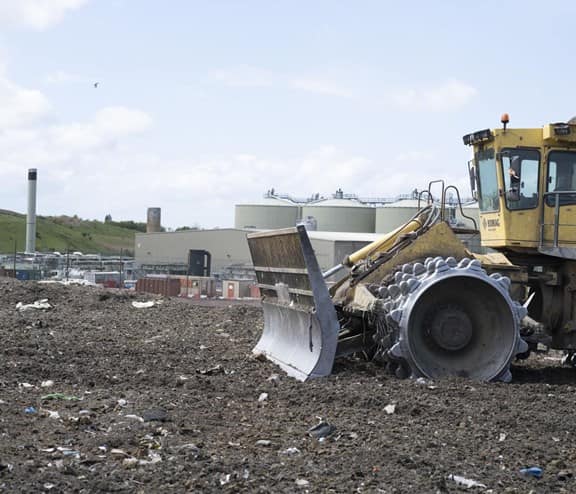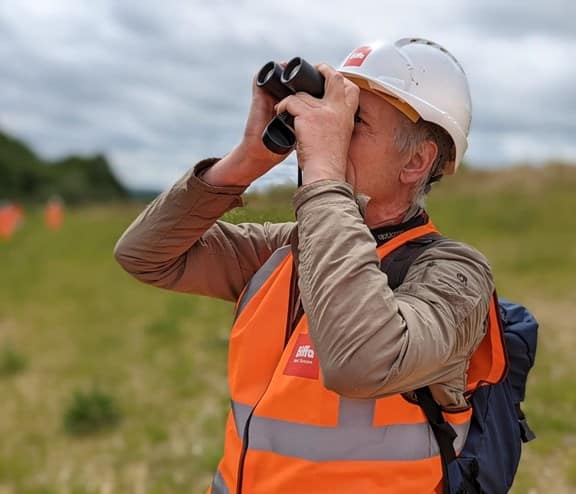
Landfill disposal
Our landfill sites offer a safe disposal route for non-recoverable waste materials.
What is landfill’s role in waste disposal?
In recent years, we’ve downsized our landfill estate as more and more waste is either recycled or used as fuel. Now, landfill is used only as a last resort, for residual waste that can’t be recycled or repurposed as energy, compost, or any other commodity.
A quick reality check
Let’s be clear – no waste which can be reused, recycled, or recovered should go to landfill. However, the UK will have an ongoing need for landfill to safely dispose of complex but inactive waste. Landfill capacity in UK is reducing. Analysis by Biffa and Tolvik (2017) shows that even if we reach the Government recycling rate targets there will still be a need for around 21mtpa of capacity, and replacement sites will be needed in the UK within the next 3-5 years.
2.8M
tonnes of waste handled per year
45%
reduction in landfill in last 20 years
Biffa support and expertise
8
Open landfill sites across the UK
62
Closed landfill sites in Biffa aftercare
Safe
Safe and compliant with high environmental standards
Waste
All types of non-recoverable waste accepted

Restoration
Once our landfills are full and stop taking waste, they are capped and restored in accordance with Planning Permission and Environmental Permit requirements. These restored sites are typically used for agriculture, nature conservation, woodland, or as a public amenity. We also carry out long-term environmental monitoring and aftercare management.

Biffa Award
Biffa Award is an environment fund managed by Royal Society of Wildlife Trusts (RSWT), which utilises landfill tax credits donated by Biffa Waste Services. Since 1997, Biffa Award has awarded grants of more than £180 million to projects across the UK. Almost 500,000 hectares of land has been improved for biodiversity - an area almost the size of Norfolk - and an estimated 265,000 people have directly benefited from project improvements.
As one of the UK’s leading waste operators, we can provide:
Landfill enquiries
Learn more about our landfill sites and processes by getting in touch.